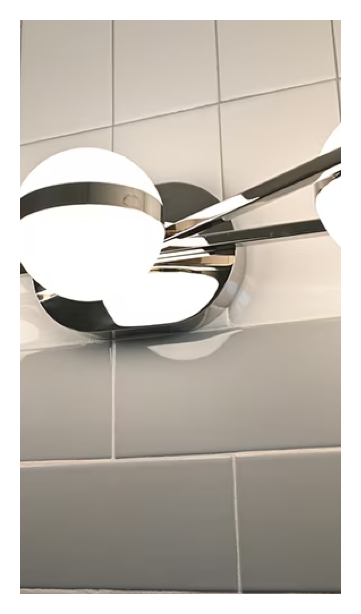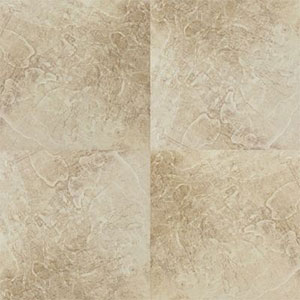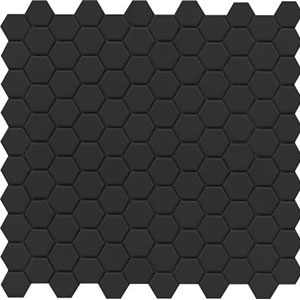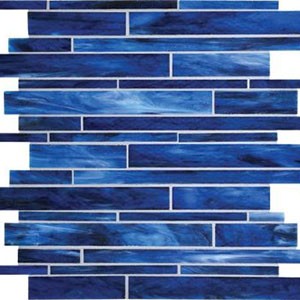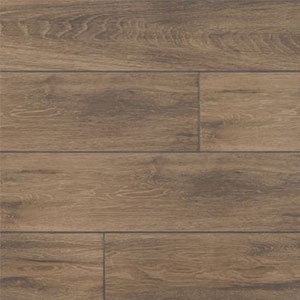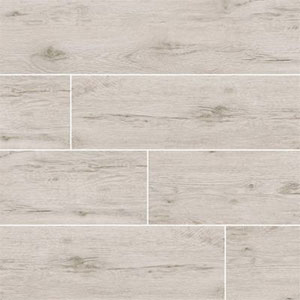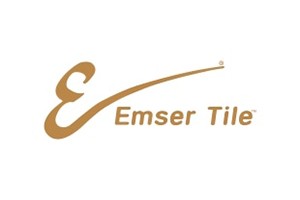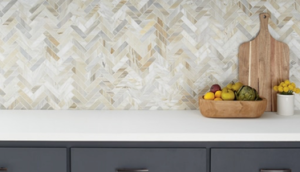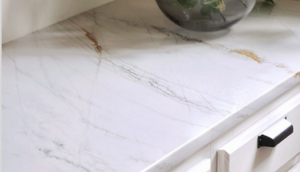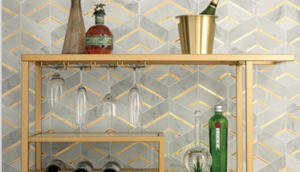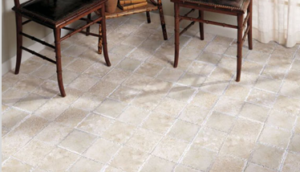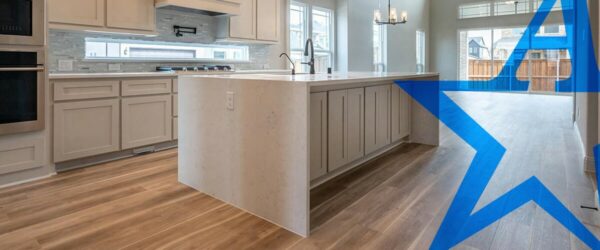Shop by Color
Tile and stone flooring are durable options that withstand up to decades of constant wear and tear. Known for their timelessness, longevity and aesthetic value, tile and stone floors are ideal for property owners looking for solutions that offer maximum resiliency. All American Flooring offers a wide range of tile and stone flooring options to residential and commercial property owners in the Dallas-Fort Worth metroplex. Learn more about our offers below.
Shop by Brand
All American Flooring carries a wide selection of tile and stone flooring options from the country's leading brands, including Daltile, Emser, Shaw Floors, MSI and Happy Floors.
BENEFITS OF WORKING WITH US
Why Choose All-American Flooring
Tile and stone flooring give your space a unique charm that lasts for generations. At All American Flooring, our professional installation services will ensure proper placement and excellent craftsmanship for your floors. Schedule a free design consultation with our experts, or call us for top-tier installation services.

Free Design Consultation

TOP AMERICAN BRANDS

Top-Tier Installation

Unbeatable Prices

WARRANTY

ROOM VISUALIZER
See New Tile in Your Space
Use Roomvo's cutting-edge technology to eliminate the guesswork. See new tile flooring in any room with just a few simple clicks. Shop more confidently with All American Flooring.
Shop Our Featured Products
Natural stone flooring is a great alternative to tile, with marble and slate as the two most popular options. Marble flooring provides an elegant and luxurious feel to any space. It's resistant to scratching and staining and lasts 25 years or longer.
Financing at All
American Flooring
Special Financing Options Available: Find out about 12-month financing options* (Offers Subject to Credit Approvals)


